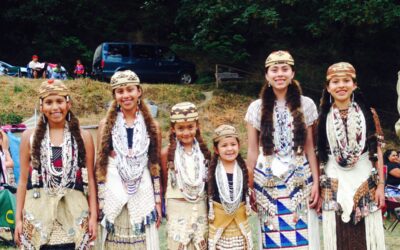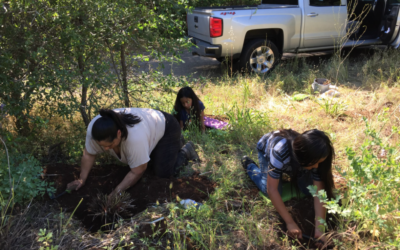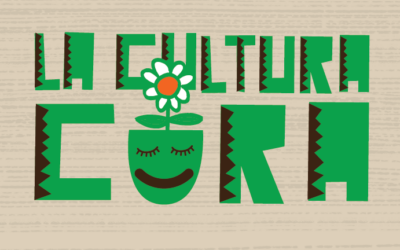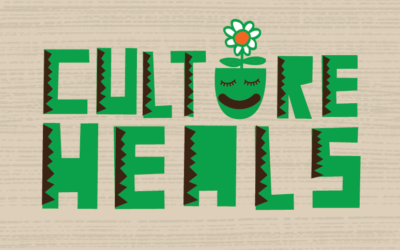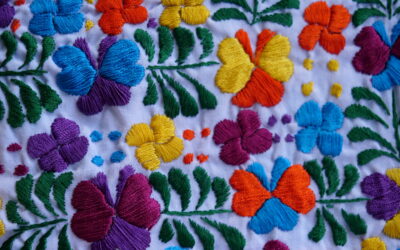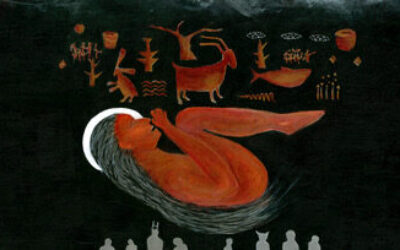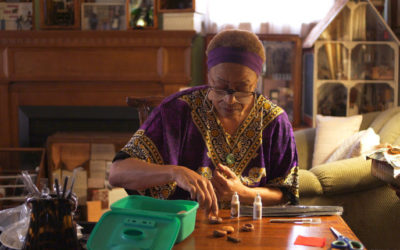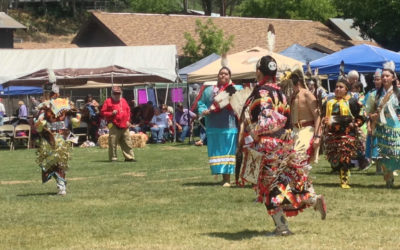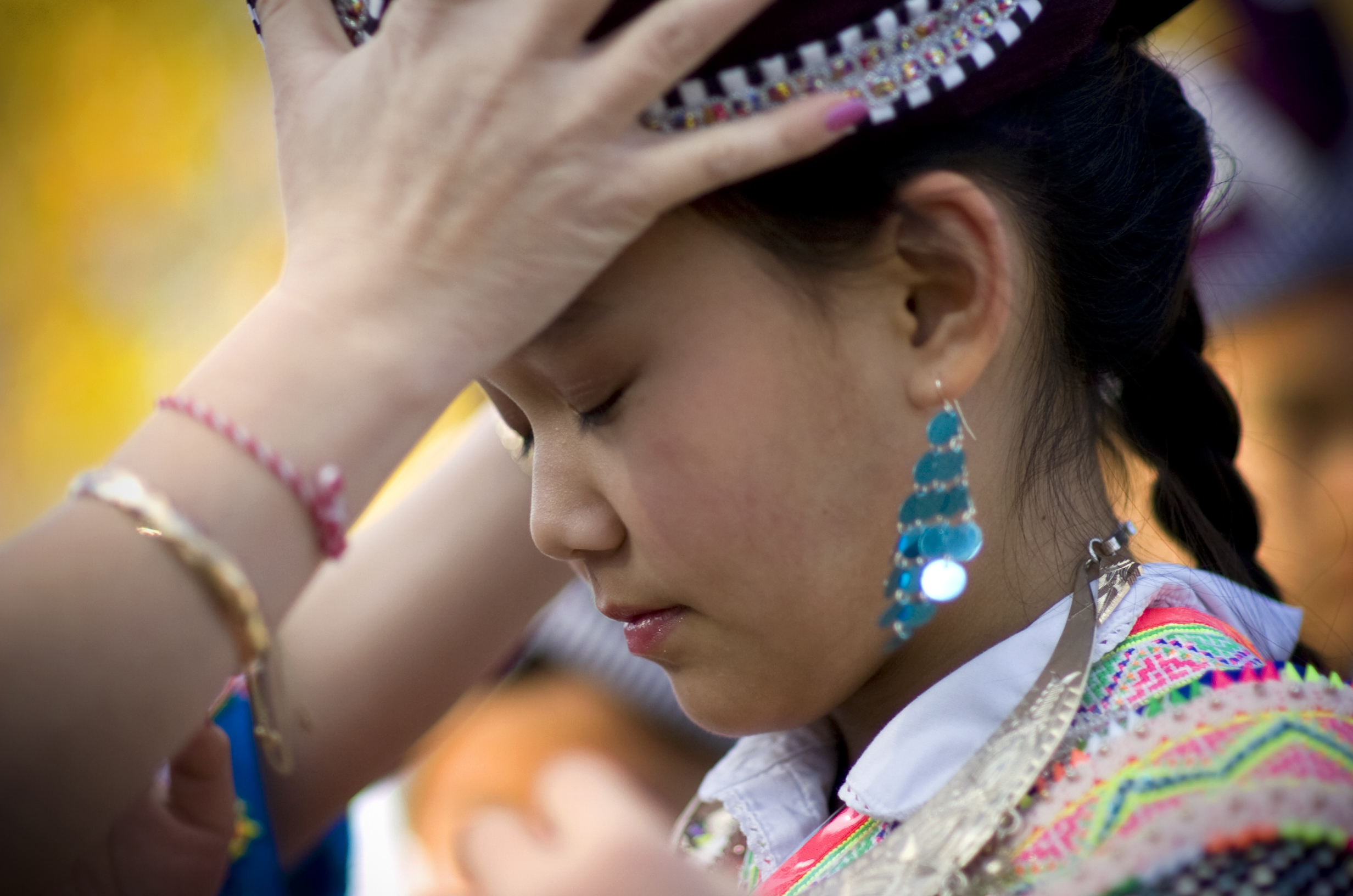Profile
Kapoon Tripp
Karuk Women's Ceremonial Dress Making
Profile
Quirina Geary
Ohlone Foodways, Table Ceremony
Una serie de preguntas y respuestas con las artistas becarias de ACTA Luz Marlene Cordero y Dalila Mendez
A Q+A with ACTA Artist Fellows Luz Marlene Cordero and Dalila Mendez
Usando las artes tradicionales para sobrellevar el estrés y la ansiedad
Using the traditional arts to cope with stress and anxiety
Profile
Gaudencia Lopez
Oaxacan Cambalache Embroidery
Featuring Artists and Advocates L. Frank Manriquez and Sipu Whittle
Material arts and storytelling
Profile
Southern Sierra Miwuk Nation
Safeguarding and passing on knowledge

